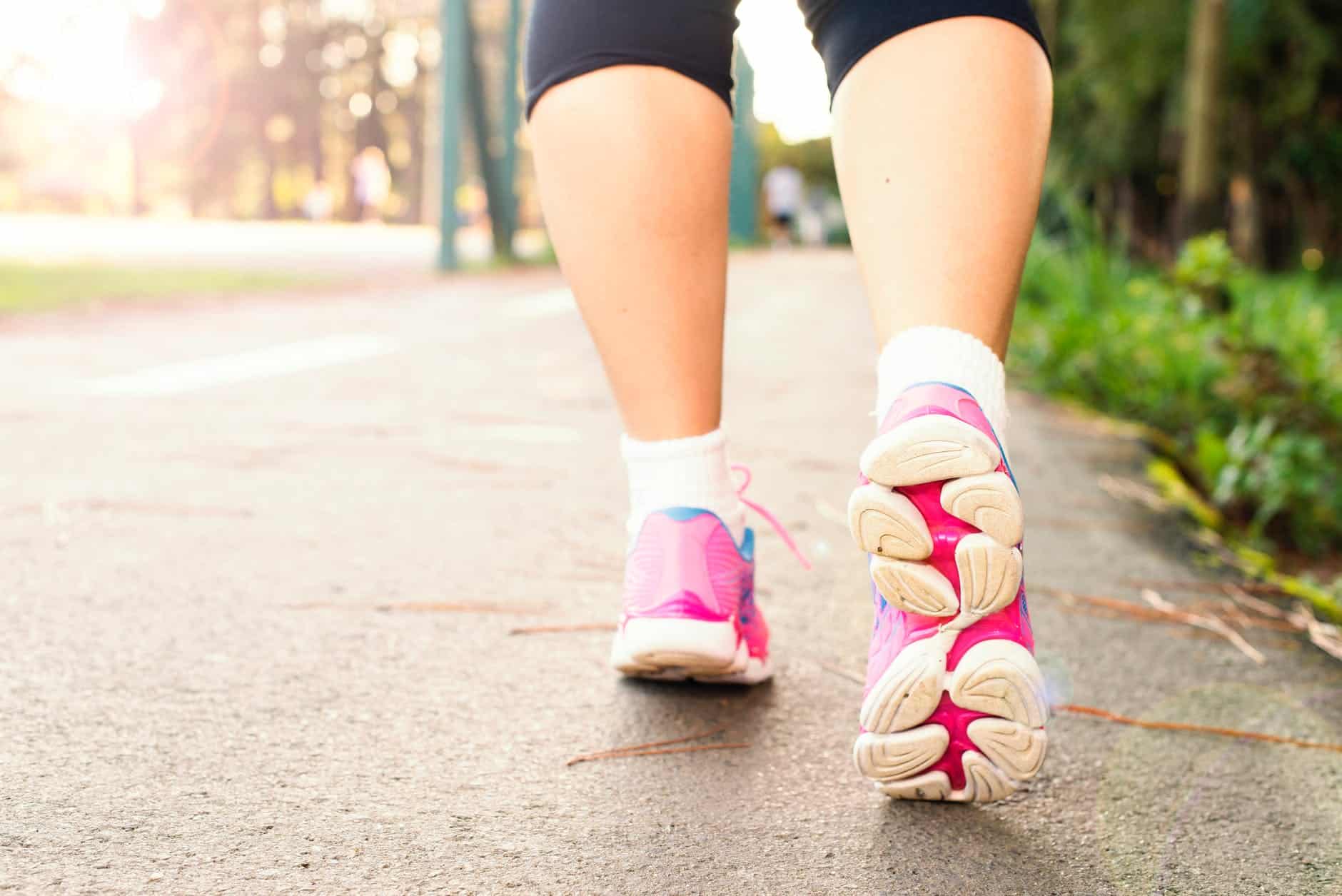Stress of COVID-19 is undeniable. Here’s how McMaster researchers are trying to help
Published April 30, 2020 at 3:24 pm

A group of McMaster University researchers is working to develop a physical activity toolkit to help people cope with the mental stress of the COVID-19 pandemic.
A group of McMaster University researchers is working to develop a physical activity toolkit to help people cope with the mental stress of the COVID-19 pandemic.
The team at Mac’s NeuroFit Lab devote their time, energy and resources to researching and promoting mental and physical health for people of all ages: a lot of the team’s research is also devoted to exercise and its therapeutic effects on Alzheimer’s disease.
“The pandemic is expected to amplify psychological distress, which can quickly deteriorate into mental illness, even in people without a prior diagnosis,” said Jennifer Heisz, director of the NeuroFit lab and an associate professor in the Department of Kinesiology, in a Mac press release.
Heisz notes that we are currently nearing a turning point in the pandemic as it pertains to our mental health.
“We are nearing the six-week point and will likely see a surge in stress-induced mental illness that will only worsen as the pandemic continues and its timeline remains fluid and uncertain,” she said.
Research has shown that six weeks of chronic stress leads to depression and anxiety — even in people who don’t have a history.
While exercise is the key for many of us to keep our head in the game and our bodies fit, the closure of gyms, rec centres, parks and trails has limited our options for keeping up with our exercise routines.
Throw in the fact that school and daycare closures have forced many parents into the impossible position of working full time while trying to keep their children entertained, educated, fed and alive, there’s little time left in the day to cram in exercise.
Heisz and her team have found that approximately 30 minutes of aerobic exercise (like walking, running, swimming, cycling, etc), can go a long way to improving one’s mood and decreasing symptoms of anxiety and stress, compared to those with a sedentary lifestyle.
The NeuroFit team is now engaged in collecting information from the public about how they’re coping amid the COVID-19 pandemic and using that towards creating a toolkit to help people find ways to stay active in isolation.
Right now, they’re asking people to complete a survey about how this situation is affecting your mental health and physical activity level.
Those who fill out the survey become eligible to win one of 20 $100 Amazon vouchers.
The information will then be used to “to characterize the impact COVID-19 on mental health; identify the unique challenges to exercising now,” the team says on their website.
Then they will use that data to develop “an evidence-based exercise toolkit for mental health,” that will be free for everyone to use come July.
“In any given year, one in five people experience a mental illness. This year those numbers could climb much higher,” Heisz said.
To learn more about the NeuroFit Lab and their award-winning research visit their website.
insauga's Editorial Standards and Policies advertising





